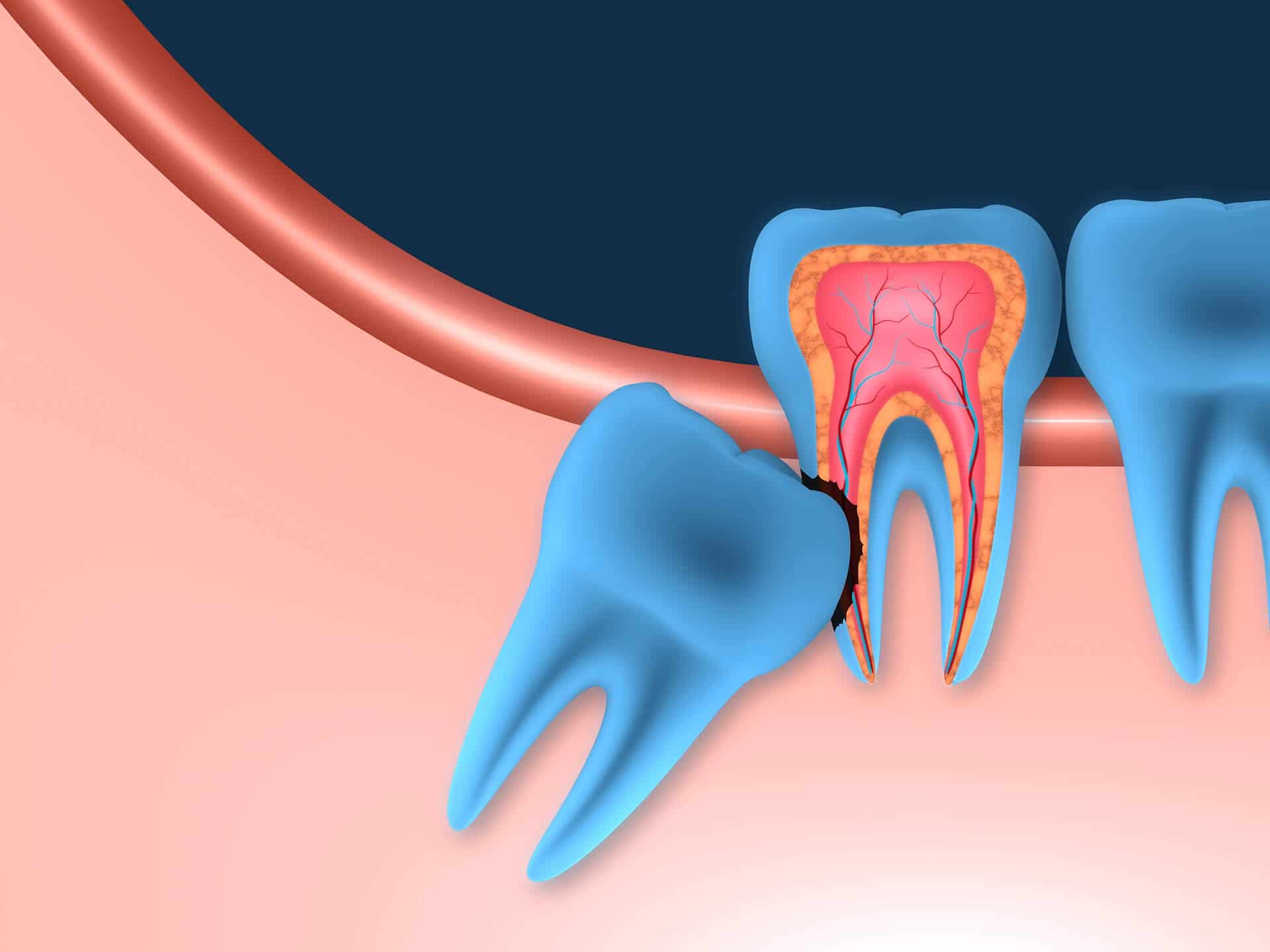
The Moment After: What’s With This Numbness?
So, picture this. You’re in the dentist’s chair, they’re talking you through wisdom teeth removal…and the next thing you know, it’s over. You’re awake, maybe a little out of it (was that a dream about flying, or just me?). But what hits next is the numbness – that odd, balloon-like feeling in your cheeks that just won’t quit. Why does anesthesia hang around so long after wisdom teeth surgery? And, more importantly, when does it finally tap out and let you get back to life (and, let’s be honest, pizza)?
Maybe you’ve already tried poking your cheek to see if you’re “back,” or you’re just anxiously waiting to drink something without dribbling. I totally get it. Let’s walk through what’s actually happening in your body, so you won’t sit there thinking, “Is this going to be forever?” (Spoiler: it isn’t. But let’s break it down together.)
Different Types, Different Timelines
Wait—What Kind Did I Get?
First things first, not all anesthesia is created equal. The kind you get for wisdom teeth? That totally shapes how long the stuff lingers. For most of us, it’s local anesthesia (that’s the numbing shot straight to your gums and jaw), but sometimes there’s sedation (maybe some laughing gas to calm you) or, for complicated cases, full general anesthesia where you’re totally asleep.
If you’re curious (like, really curious), check out how long does it take for dental anesthesia to wear off. It gets into more dental-theory-meets-real-life than my late-night wisdom tooth Google spirals ever could.
Let’s Make This Simple: Quick Table
| Type | How It Works | How Long It Stays |
|---|---|---|
| Local Anesthesia | Numbs just the surgical area—you’re alert | About 2–4 hours, sometimes 5 hours max |
| Sedation (like nitrous oxide) | Calms you, might blur memories | 30 minutes–2 hours, but can leave you “loopy” |
| General Anesthesia | You’re totally out | Fully out of your system in 12–24 hours |
From what I’ve seen (and felt—and texted my dentist about at 2 a.m.), local anesthesia is the usual star in wisdom tooth shows. But if you had all four yanked at once or have major dental anxiety, you might have won the general anesthesia lottery.
Factors: Why Does It Stick Around?
Is It Just Me, or…?
Here’s where it gets kinda personal. There’s no magic number for how long does anesthesia stay in your system for wisdom teeth—everyone’s timeline is a bit different. Some of us could probably chug espresso and run a marathon right after. Others? Not so much. Why?
- Your metabolism. If your body’s super speedy, you might shake off that numbness quicker. Slow metabolism means lingering numbness…sometimes till dinner!
- Dosage and type of anesthesia. More complicated extractions = more anesthesia. More time to clear out, too.
- Your overall health. Are you taking other meds? Extra points for chronic conditions? Factor these in. (Might want to keep grandma’s stories about her dental adventures for another day.)
Quick Anecdote
Here’s a classic: My friend Mike—huge into CrossFit—woke up after his wisdom teeth were pulled and tried to eat pizza that night. Still totally numb, so you can probably imagine the disaster. Moral? Wait till you actually feel your mouth. The anesthesia usually just needs a few hours, but sometimes your body needs a bit longer to clear it (especially if you had general anesthesia, which can take the rest of the day to fully leave your system—see this guide on anesthesia duration).
Hour By Hour: That First Day
The First Hour: Weird Fog, Zero Chewing
Right after your surgery? Expect to be a little groggy if you had sedation or general anesthesia. Some folks call this the “loopy” phase—you might say silly things, or just want a nap (if you do, totally normal… and honestly, kind of entertaining for anyone driving you home). Local anesthesia? Your tongue and jaw might as well be a different zip code—but your mind is pretty clear.
Pro tip from personal experience: Don’t trust yourself with hot drinks yet. That’s a shortcut to burning your own tongue without even noticing (more about that loopy phase here).
Hour 2–4: Is It Over Yet?
This is the “should I still be numb?” window. Lidocaine (the usual local anesthesia) hangs around 2–4 hours, sometimes fading by dinner. There’s a type called Bupivacaine—a heavy hitter for tough cases. That stuff? It can keep you numb up to 10 hours. By the time you’re at this stage, most of the numbing is on its way out…the rest of you is just catching up.
When does anesthesia wear off after tooth extraction? That can depend on your body, the medications, and whether you’ve started moving around (walking can help). If you want extra details on the difference between wisdom teeth and other dental anesthesia, this when does anesthesia wear off after tooth extraction guide dives into all the nitty gritty.
Hour 5–24: Back to You, Kind Of
By the time you’re counting hours, most (but not always all) of the anesthesia should be gone. For general anesthesia and heavier sedation, sometimes a little fogginess or sleepiness will stick with you for the day. If you’re still feeling numb after a full day? Give your dentist a call—better safe than sorry.
How to Help It Along (Without Being a Hero)
What Makes It Go Faster?
You can’t totally “hack” your way out of anesthesia, but there are a few friendly nudges your recovery will thank you for:
- Stay hydrated. Water helps your body flush out everything (yes, even anesthesia chemicals). Tiny sips at first, then as much as you feel comfy with.
- Light movement. Sitting up, walking to the bathroom, or even a lap around your living room—it gets your circulation going, helps clear things out.
- No crazy workouts yet, though! Take it easy. Save the workout gear for next week. Your body’s got plenty going on just healing.
- Soft foods only. Think applesauce, smoothies, mashed potatoes, yogurt—basically anything you can eat without using your jaw muscles much.
Snack Attack: Table of Wisdom Tooth Recovery Foods
| Food | Why It’s Good | When You Can Try It |
|---|---|---|
| Yogurt | Cold, smooth, gentle on your mouth | Right after surgery |
| Smoothies | Hydrating, easy to swallow, full of vitamins | Once you’re confident you can sip without a straw |
| Applesauce | Sweet, soothing, needs no chewing | After the numbness starts fading |
| Mashed potatoes | Comfort food, soft and filling | Later that first day |
| Eggs (scrambled) | Soft source of protein, no jaw effort | Day 2–3 |
Seriously, skip the chips and popcorn for a while. Also, avoid straws—the suction can mess with the healing clot and set you back. Nobody wants a dry socket.
When Should I Worry?
It’s Still Numb—Now What?
A little drool, a little lisping? All normal. But if the numbness or grogginess stays strong past 24 hours—or you start to feel swelling, fever, or pain getting suddenly worse—don’t hesitate. Pick up the phone and check with your dentist. When in doubt, it’s always worth asking, especially since every surgery and body is different.
Also, everyone wants to get back to “normal” as soon as possible. If you’re worried that your how long does anesthesia stay in your system for wisdom teeth experience is dragging out compared to your friend’s, try not to stress. Even in the best-case scenario, recovery is more of a slow fade than a “snap your fingers, you’re healed” thing.
Not Just Numb: Recovery Feels
Mentally Drained? That’s Normal Too
You might notice some “weirdness” that’s not physical…like brain fog, extra sleepiness, or even strange dreams your first night. Most of this passes naturally as the chemicals wear off and your body rebounds. Let yourself nap, watch your comfort show, or ask a friend to keep you company. Recovery isn’t just about the mouth!
Before you rush back to the gym, work, or even the group chat, pause. Wisdom tooth removal recovery can take about a week, sometimes longer (according to this step-by-step oral surgery recovery timeline). Most folks start to feel pretty normal after 2–3 days, but let your body lead the way.
If you need more deep-diving into timing and tips, when does anesthesia wear off after tooth extraction has some sweet insights, and I always found those “what happens next?” breakdowns oddly comforting.
Wrapping This Up: Let’s Get Back to You
So, here’s the honest truth about how long does anesthesia stay in your system for wisdom teeth: it’s not one-size-fits-all, but for most? Local numbness fades in 2–4 hours, sedation feels linger-y for a few hours, and general anesthesia can take up to a full day to fully leave your system. But those first 24 hours are the slow part—use them well.
Recovery is as much about patience as it is about the science. Rest, hydrate, go gentle on your mouth and mind. And (seriously) don’t rush for crunchy food just because your jaw feels “almost” back to normal. It’s better to heal a little slower and skip the drama.
If you want a more dentist-approved answer, especially if you’re comparing recovery from other extractions, that trusty how long does it take for dental anesthesia to wear off guide always has your back.
For now? Take a deep breath. You’re on your way to a fully functioning mouth. Watch a show, eat some soft serve, and remember—wisdom tooth “war stories” are actually kind of fun to swap later (when the numbness is finally gone and you can laugh with your whole face). What was your recovery like—are you that speedy healer, or did you ride the numbness wave till sunrise? Share below, or hit me up for more tried-and-true advice. Here’s to quick healing and future pizza—no dribbling required!



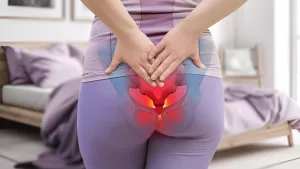
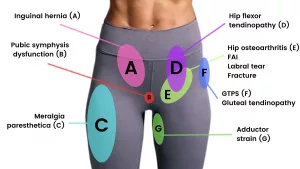
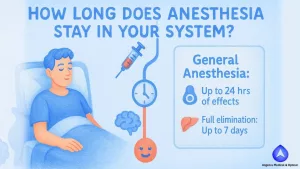

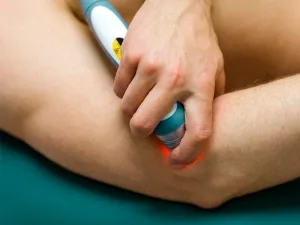

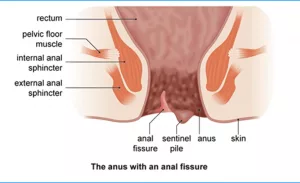








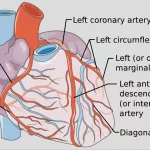

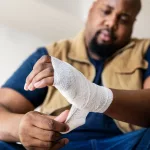




Leave a Reply
You must be logged in to post a comment.